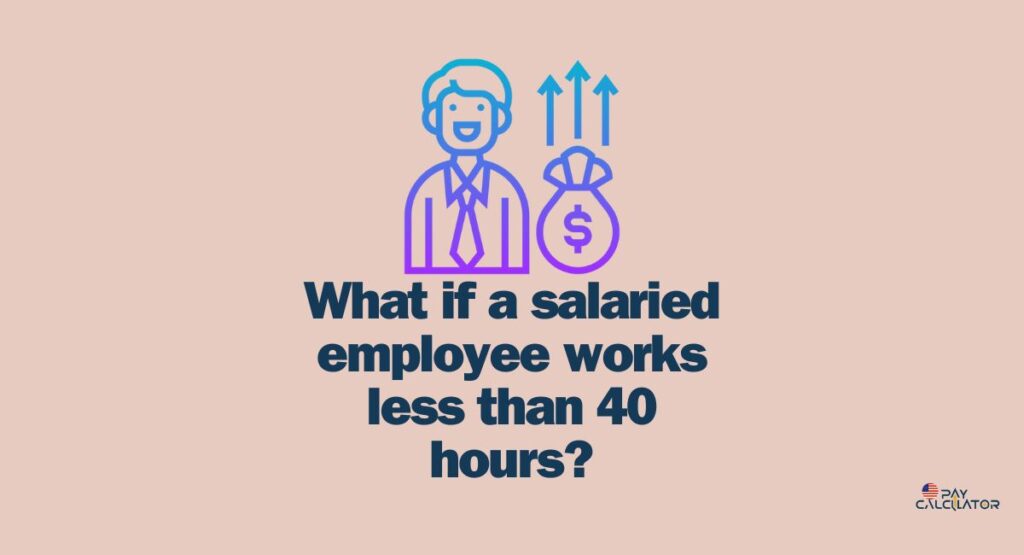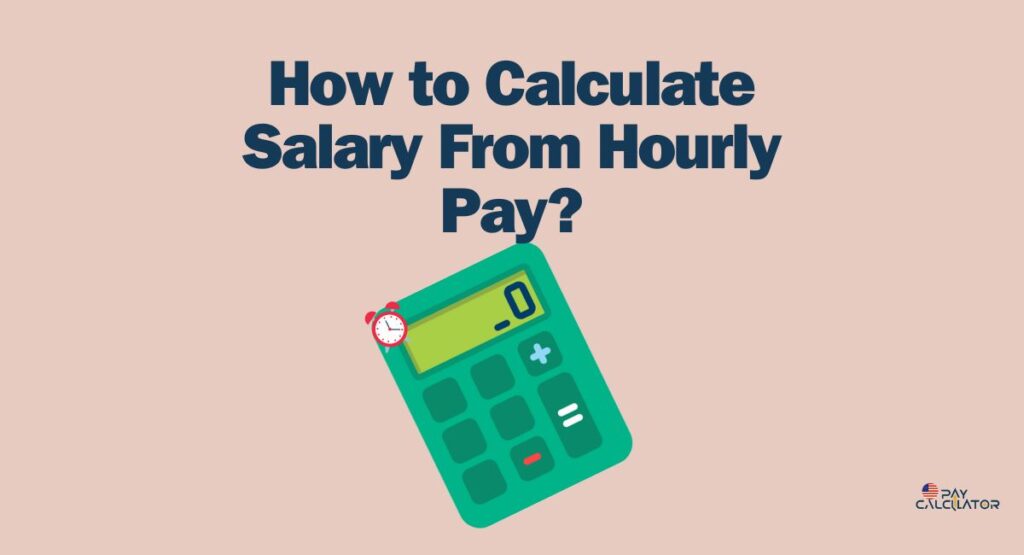
Being a salaried non-exempt employee can be a bit confusing, especially when it comes to overtime pay. You would assume that since you are salaried, overtime pay is not in the cards for you. However, this is not always true. In fact, many salaried non-exempt employees are eligible for overtime pay if they work over 40 hours per week.
But think what might happen if salaried employees work fewer than 40 hours. In this article, we’ll discuss the inference of being a salaried employee and working less than 40 hours each week.
Exempt vs. Non-Exempt Status
Salaried employees come under exempt employees according to the fair labor standards acts i.e. FLSA. It means that they are not allowed to receive overtime pay and get a fixed salary. It doesn’t matter how many hours they work. On the other hand, Non-exempt employees are allowed to receive overtime pay for extra hours worked beyond 40 in a week. Make sure to check our previously published article on Can You Pay an Employee Salary and Hourly?
According to the FLSA, an employer cannot offer overtime pay on an as-needed or case by case basis. Overtime must be paid whenever it is earned. This means that even if a salaried non-exempt employee works fewer than 40 hours one week, they may still be entitled to overtime pay if they work more than 40 hours in another week.
If a salaried non-exempt employee works less than 40 hours a week, they still receive salary for all hours worked. This implies that if they work 35 hours in a week, they are still allowed to get their full salary for those 35 hours of work. But, if they continuously work less than 40 hours than their salaried place needs, an employer has the freedom to adjust their salary to according to the amount of work done.
It’s also important to note that an employer doesn’t need a salaried non-exempt employee to work more than 40 hours per week without giving them overtime pay. It’s against the law to tell an employee to work off the clock or to have them work overtime that is beyond 40 hours and not pay them overtime.
Full Salary Payment
For exempt salaried employees, the universal rule is that they will get their full salary for any workweek in which they do work, nevertheless the number of hours they worked. So if they work less than 40 hours a week, they still get a full amount of salary.
Exceptions and Deductions
There are specific bounded situations under which deduction can be made from a salaried employee’s pay. Some examples of such circumstances are like full day absences for some personal reasons, illness or disability. Generally, deduction is made in agreement with a bona fide sick leave or personal leave plan of employees. For more information, check our previously published article on How does salary pay work if you miss a day?
Employer Policies
Employers may have specific policies regarding salary deductions and partial day absences for salaried employees. It’s essential for employees to understand their employer’s policies and adhere to them accordingly.
Communication with Employer
If a salaried employee expects to work fewer than 40 hours continuously in a workweek or requires some time off, they should discuss it with their employer or HR. Communication is the key to any problem and it helps to get clarity from any expectations and any policies that are applicable.
Don’t miss out! Check our previously published article on Should i give my Salary to my Parents?
Legal Compliance
Employers must follow the federal and state labor laws in the case of salary payments and reductions for exempt employees. It’s important for employers to know about these laws and ensure compliance to protect themselves from potential legal issues.
Frequently Asked Questions
In the UK, employees can’t work more than 48 hours a week on an average basis. This law is known as the ‘working time directive’. If you’re below the age of 18, you cannot work more than 8 hours a day or 40 hours a week.
Overworking can lead to stress, burnout, and health issues, contributing to decreased productivity and higher absenteeism.
Conclusion
In conclusion, being a salaried non-exempt employee can be a bit tricky when it comes to overtime pay. Although employees are not entitled to overtime pay if they work fewer than 40 hours in a week, they could still be eligible if they work more than 40 hours in another week.
It is very essential for employers and hiring managers to know about the legal necessity adjoining salaried non-exempt employees to make sure that they offer right compensation and not violate any laws of employment. After understanding the employment laws only you are able to handle all the employees easily. Have a look on: Which U.S. states pay its governor the highest salary?





